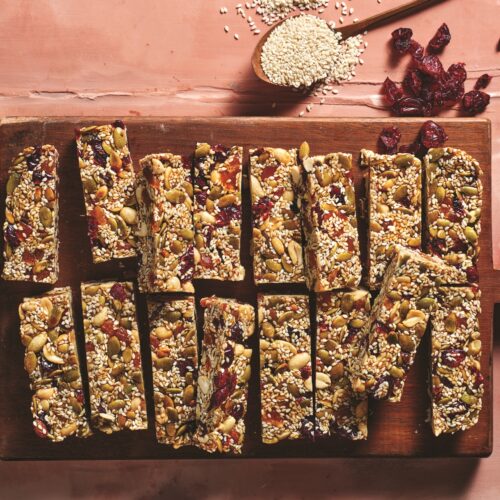
I’ve been thinking a lot about how, now more than ever, it is so important Healthy Food Guide does its best to provide you with trustworthy, evidence-based information you can make good decisions from.
In this digitally drenched world we live in, where vast swathes of information are available at our fingertips all day every day, it is becoming harder to separate the wheat from the chaff.
The louder or more frequently a message is transmitted, the more likely it is to work its way into our brains. This is why TV advertisements are always way louder than the programme itself and, if they have the budget, will be repeated in each break.
The same tactic is applied on the internet, social and other media. If anyone has something they want to sell, or an idea they want to get across, repetition is key and some people have no qualms about keeping the facts out of the way of a good sales pitch.
And it’s nothing new – people have been selling unsuspecting punters their ‘cure-alls’ for centuries.
For instance, Coca-cola syrup was reportedly first sold as a brain tonic for ‘nervous affections’ – although on its website the company denies it was ever sold as a medicine.
Interestingly, as a ‘commitment to transparency’ the contemporary incarnation of this beverage producer recently published a list of health professionals and scientists it funds to do research.
In an RNZ interview this morning [15 March 2016], University of North Carolina nutrition professor Barry Popkin compares the research funding to tactics used by the tobacco industry.
Professor Popkin argues the science produced by this sort of funding is designed to flood the media with differing studies, effectively drowning out messages that are bad for business.
On another tangent, I came across a National Geographic clipping from the 70s touting sugar as a weight loss tool because it quickly gives you energy.
“And when your energy’s up, there’s a good chance you’ll have the willpower to undereat at mealtime,” the bizarre advertorial claims.
I imagine that would go down like a lead balloon these days.
A more modern take, and slightly less blatant, are some of the health claims around various ‘superfoods’ that come and go such as goji berries, acai, chia seeds and coconut oil (see editor-in-chief Niki Bezzant’s blog for more).
It’s no surprise people end up confused and fed up with all this chatter. And when we get to that point it becomes really hard to decide what you should do when it comes to your diet.
So, my promise to you is that we’ll do our best to keep Healthy Food Guide a reliable, uncomplicated resource for you. We’ll also do our best to let you know if we get something wrong, or if the science moves on with more evidence.
That way you’ll know, if it’s not printed on our pages it’s probably chaff.
www.healthyfood.com











